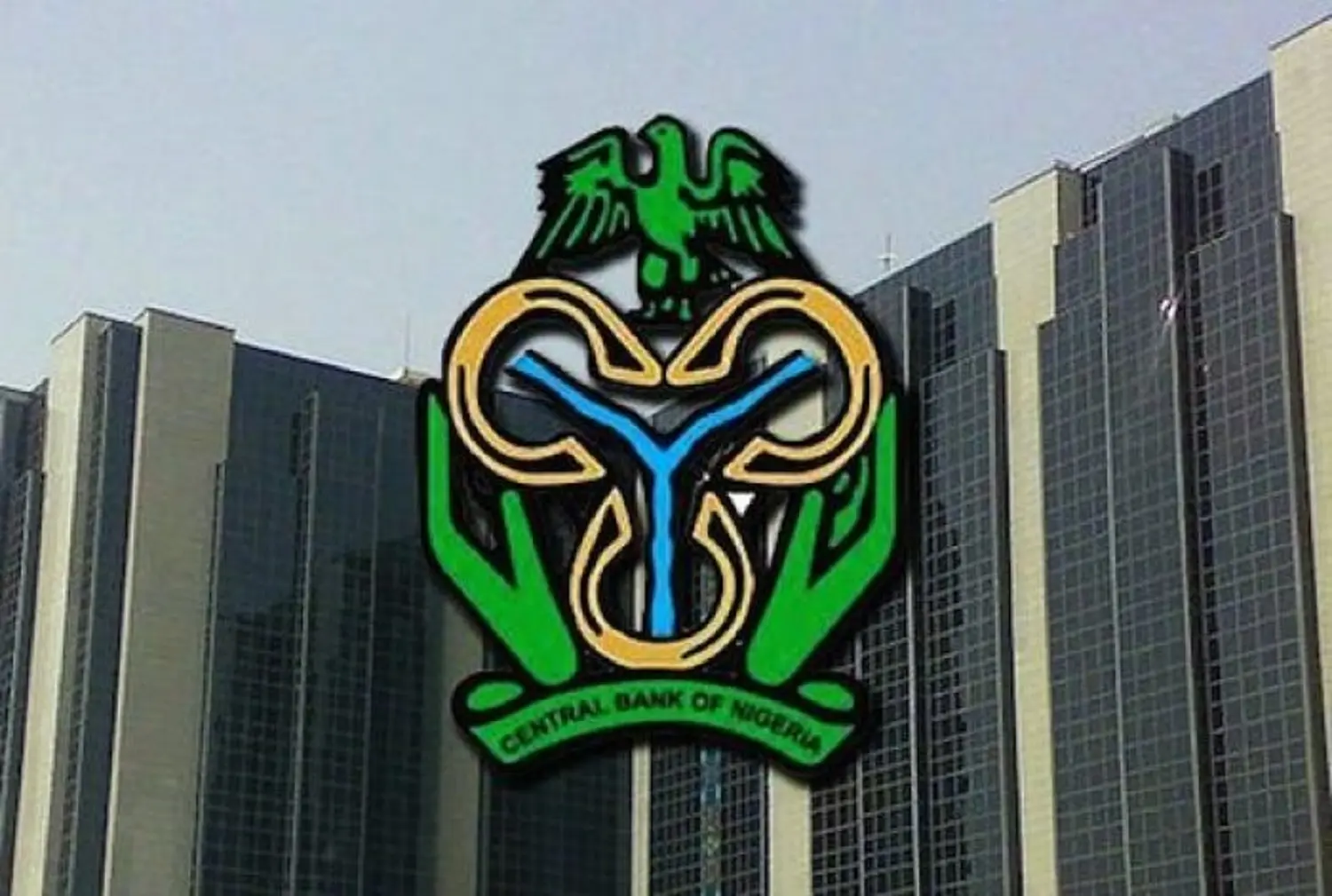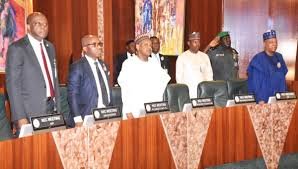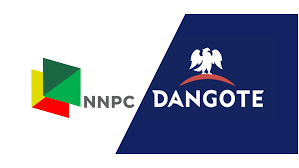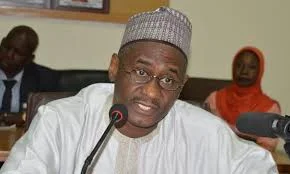The Central Bank of Nigeria (CBN), has said the amount of money expended on foreign education and healthcare are some of the factors contributing to the devaluation of the Naira.
The Governor of the apex bank, Yemi Cardoso disclosed that, in the last ten years, $40 billion has been expended on education and medical tourism by Nigerians.
“The amount spent on foreign education and medical tourism contributes to Nigeria’s foreign exchange challenges,” Cardoso explained.
Between 2010 and 2020, foreign educational expenses amounted to a substantial $28.65 billion, according to the CBN publicly available balance of payment statistics.
Cardoso further said that this plummeted to over N1,400 in the official market, adding that only medical treatment abroad has entered around $11 billion in costs during the same period.
According to Cardoso, Personal Travel Allowances (PTAs) cost about $58.7 billion in 10 years, noting that the apex bank released $9.01 billion to Nigerians for personal foreign travel between January and September 2019. He decried the amount of pressure in the foreign exchange market amidst forex scarcity, which adds to the depletion of naira value.
“Nigerian foreign exchange market is currently facing increased demand pressures, causing a continuous decline in the value of the naira.
“Factors contributing to this situation include speculative forex demand, inadequate forex supply due to non-remittance of crude oil earnings to the CBN, increased capital outflows, and excess liquidity from fiscal activities.
“The CBN has been actively managing these expenditures through its approved rate for school fees and healthcare payments,” Cardoso said.
This is just as Cardoso pointed out a notable shift in the pattern of demand for Personal Travel Allowance (PTA) for overseas education fees, a trend that has evolved considerably since the early 1990s. He also disclosed some “critical” reforms to address exchange rate volatility.
“Some of these reforms include unifying FX market segments, settling outstanding FX obligations, introducing new operational mechanisms for BDCs, implementing the Net Open Position limit, and amending the remunerable Standing Deposit Facility cap,” he added.


























